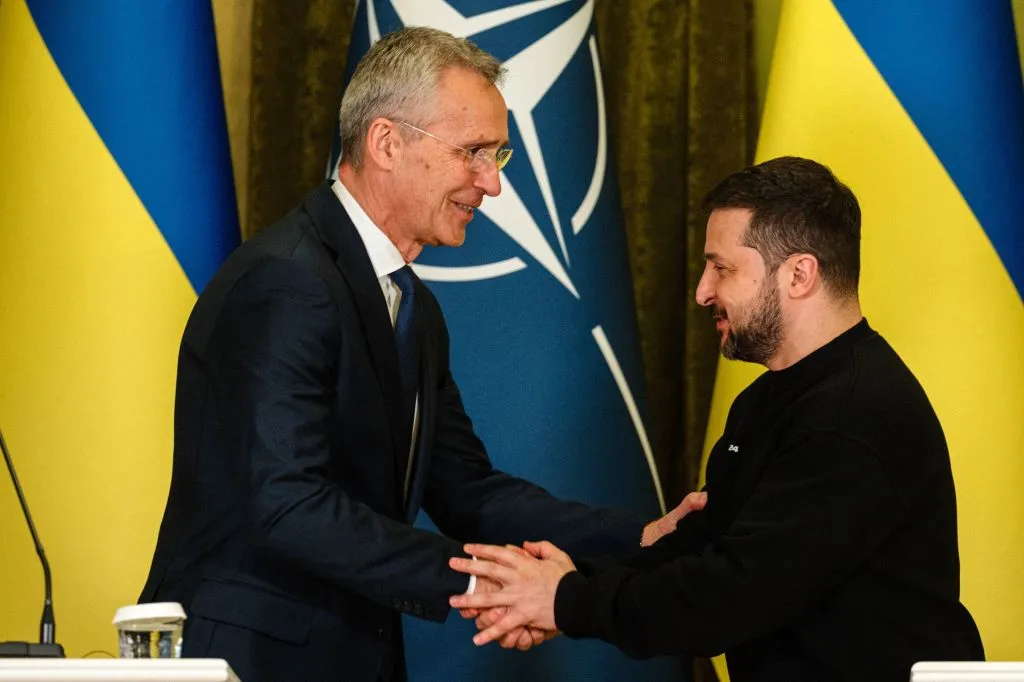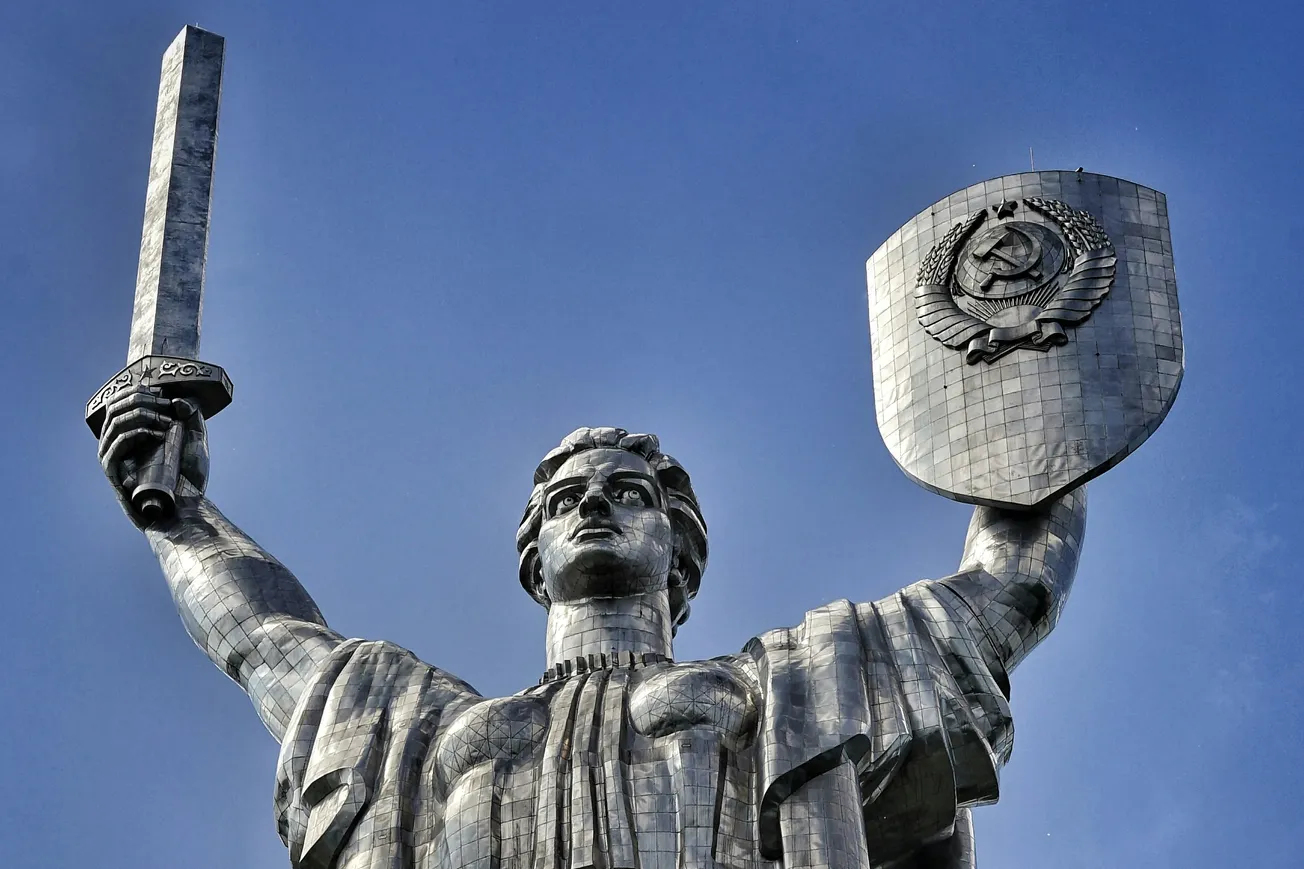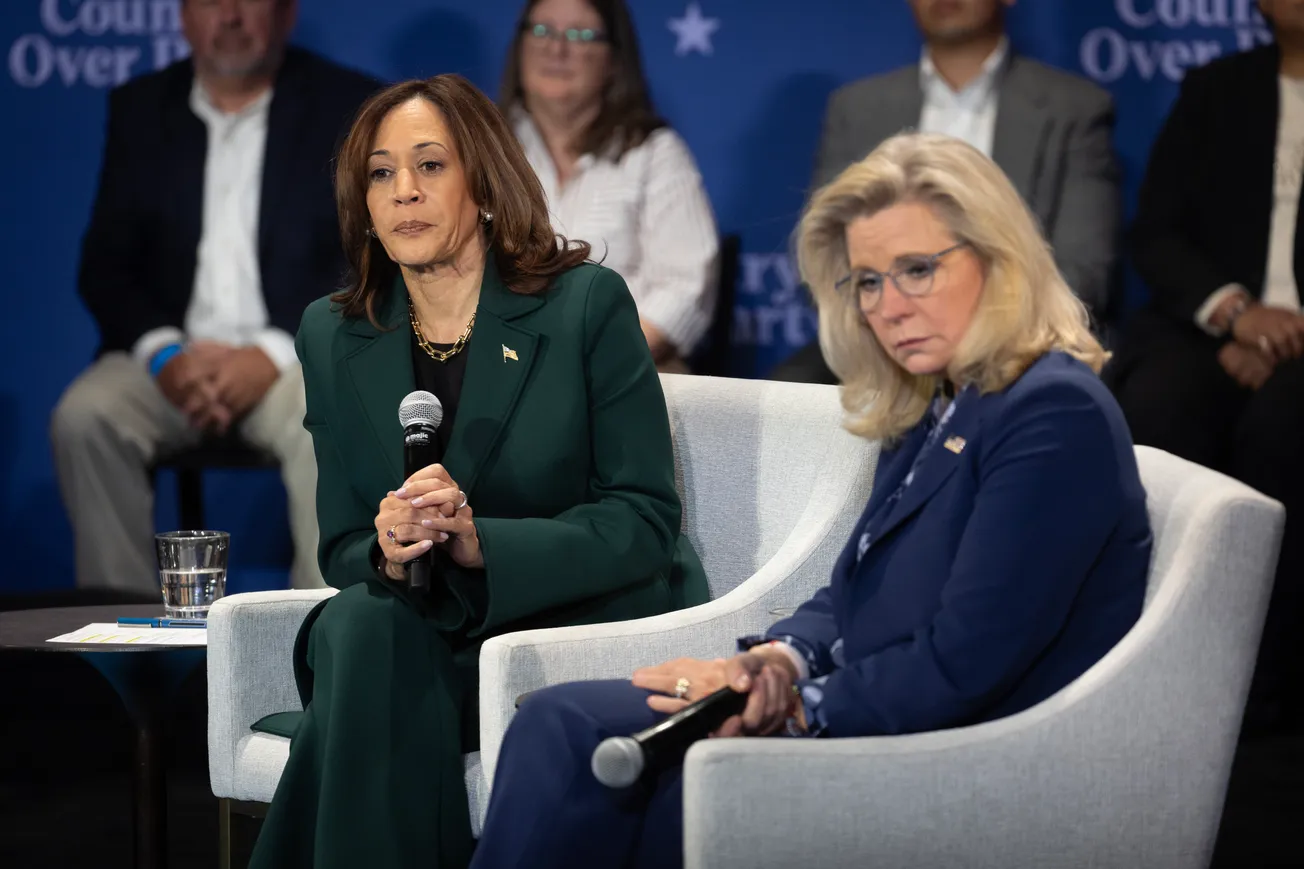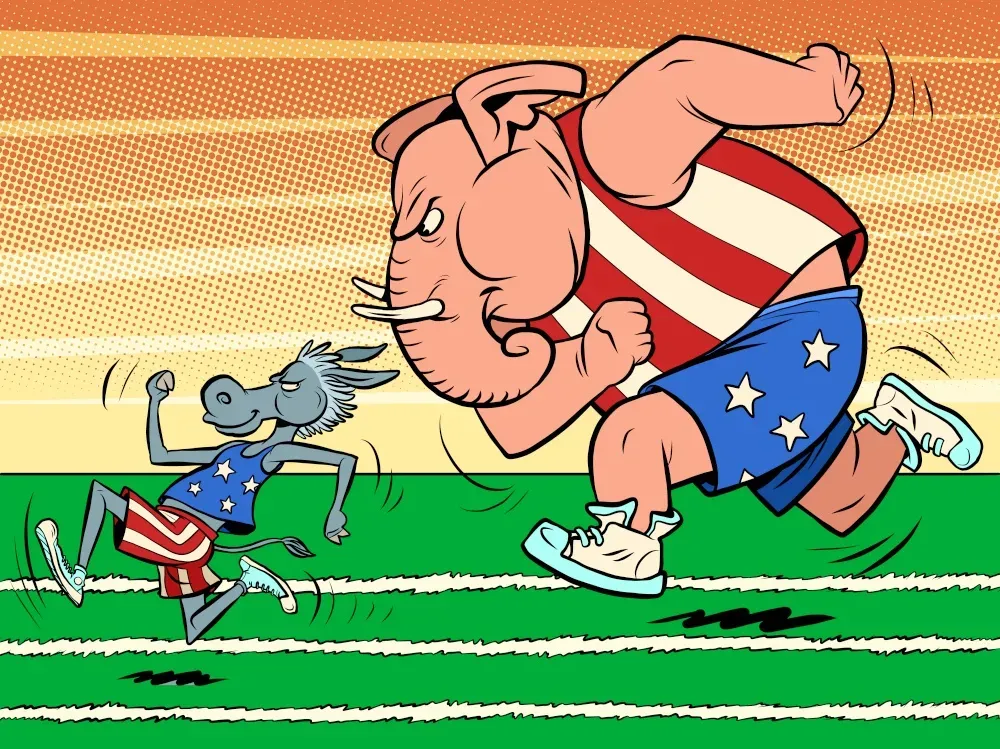President Volodymyr Zelenskyy has gotten almost everything he asked for from the West in the past fifteen months to defend his nation. In his words, Ukraine is fighting not just for its territorial sovereignty but for the world's democracies.
He recently took his demands to the second summit of the European Political Community in Moldova. But, here, for the first time since Russian tanks rolled into Ukrainian land in February of 2022, President Zelenskyy may find his demands and requests denied.
The organization, which provides a platform for Europe's democratic nations to come together and discuss common challenges, heard another request for more arms to defeat Russia. While the West, led by the United States, has pledged to continue to support Ukraine for “as long as it takes,” his demands for a "clear invitation" to NATO and a "clear positive decision" on Ukrainian EU membership may be put on hold again.
Kyiv has been waiting to be admitted into the security fold for the past fourteen years, a move Russia perceived as a direct threat at its border. Before Russia invaded Ukraine in 2022, Moscow had stated that it would back down if NATO guaranteed that Kyiv would not be allowed to become a NATO member. The U.S. and, by default, NATO failed to reassure President Putin, and the rest, is history.
It is well accepted that the troop built-up along the Russia-Ukraine border was a countermove to the security pact between the U.S. and Ukraine that the Biden administration pushed through the year before.
The fourth point of the Preamble of the U.S.-Ukraine Charter on Strategic Partnership, signed by Secretary of State Antony J. Blinken and Ukrainian Foreign Minister Dmytro Kuleba on November 10, 2021, reads: Emphasize unwavering commitment to Ukraine's sovereignty, independence, and territorial integrity within its internationally recognized borders, including Crimea and extending to its territorial waters in the face of ongoing Russian aggression, which threatens regional peace and stability and undermines the global rules-based order. Russia saw Kyiv's burgeoning closeness to America and the increasing defense cooperation as an existential threat. Moscow reacted.
Now fighting for survival, Kyiv is expanding its demands to become part of NATO and be assured of Article 5 protections. Enshrined in the article is the principle of “collective defense,” wherein an armed attack against one or more of them in Europe or North America shall be considered an attack against them all.” If Article 5 kicks in, the war will involve many European nations and America. In effect, Ukraine is making the very demands that drove it to the current crisis.
It is unlikely that what was denied to Kyiv for the past dozen or more years will now be offered pronto. President Biden has ruled out a direct confrontation between the U.S. and Russia (the only saving grace in his dismal handling of the war). Should Ukraine become a NATO member, American troops will be forced to hit the ground to defend Ukrainian land, expending American blood and treasure, an escalation for which Americans are not ready. Indeed, the core strategy of America has been to weaken Russia by outsourcing the actual fighting to Ukrainians, by showering Ukraine with arms, money, and tactical support for as long as it takes.
Although NATO chief Jens Stoltenberg told reporters, "Moscow does not have a veto against NATO enlargement," with the mid-July summit in Vilnius looming ahead, some NATO members are apprehensive about inviting Kyiv into the fold now.
Hungary has already let it be known that Ukraine's membership cannot be on the agenda at the upcoming summit. German Foreign Minister Annalena Baerbock also expressed reservations saying, "NATO's open door policy remains in place, but at the same time, it is clear that we cannot talk about accepting new members [who are] in the midst of a war."
The paradox cannot be lost on many. Ukraine's NATO ambitions are largely responsible for the current war. Now, the war will most probably keep the country out of the military alliance.
Like our insights? Show your support by becoming a paid subscriber!









